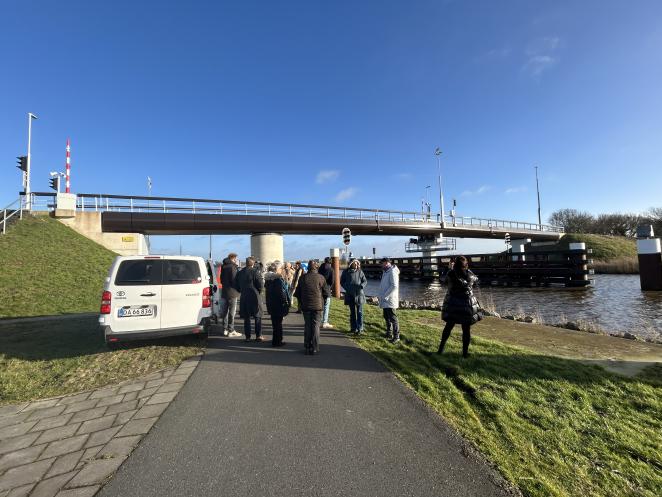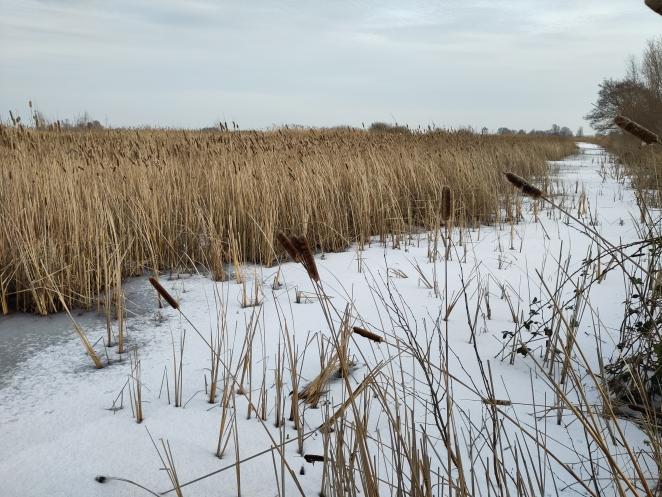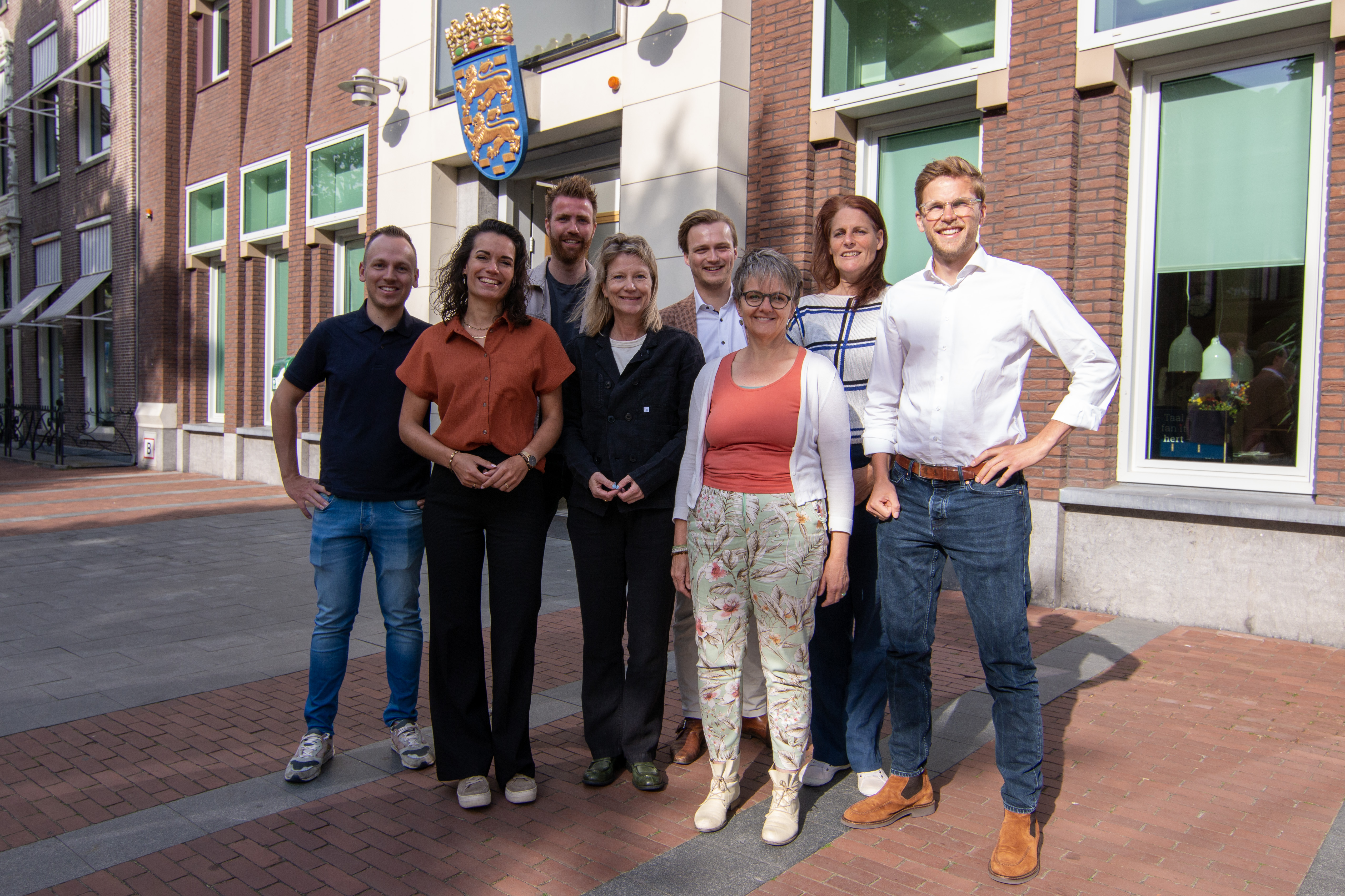At the heart of the Frisian culture is a strong inclination towards collaboration. It is no surprise, then, that the region is collectively pushing forward the BBoBB project with multiple partners, each playing a vital role in the value chain for biobased materials. Here’s a closer look at the organizations leading this innovative initiative in our region.
The Biosintrum, located in Oosterwolde, has direct contact with farmers interested in biobased crops. This organization also conducts extensive research on land use and is situated in the iconic biobased building of our region. The Association Circular Friesland (VCF) is an organization of over 150 members (entrepreneurs, governments, and educational institutions) working together on the circular economy. VCF possesses extensive knowledge about circular construction. House of Design is the regional organization that adds biobased design and value chain strategies to our ambitions.. The Province of Fryslân is the lead partner of the BBoBB project and represents the regional policymakers and influencers necessary to create the conditions for strengthening regional chains.

Personal Motivation for a Circular Bioeconomy
Since 2015, Fryslân has been dedicated to transitioning to a circular economy. We believe this shift is vital for sustainable entrepreneurship and making a positive environmental impact. Our initiatives often stem from grassroots efforts, driven by local businesses and communities. Over the past few years, we've seen the fruition of various projects and iconic structures, reinforcing our commitment to this cause.
Current Focus and Activities
Our region has witnessed the launch of numerous initiatives promoting the use of biobased materials in construction. Notable landmarks include the Swettehus in Leeuwarden, the Biosintrum in Oosterwolde, and the world’s first biobased composite bicycle bridge in Ritsumasyl. As we move forward, our focus is on scaling up these efforts. This involves strengthening value chains, expanding biobased crop cultivation, refining policies, and developing new applications for biobased materials. These activities are central to our participation in the BBoBB project.
The Importance of Scaling Up Biobased Value Chains
The Netherlands faces significant environmental challenges, including greenhouse gas emissions, declining biodiversity, and water quality issues. These problems, coupled with economic difficulties in the construction sector, underscore the need for sustainable solutions. Scaling up biobased value chains addresses these environmental concerns and positions the local construction sector as a leader in the circular bioeconomy.

Pilot Projects and Future Aspirations
Our pilot projects aim to showcase interior products and building solutions made from flax, hemp, cattail, miscanthus, and biocomposites. These examples will highlight the process and impact of using biobased materials, setting a benchmark for future developments. Looking ahead, we envision Fryslan establishing itself as a pioneer in biobased construction. Our goal is to enable everyone, from farmers to construction firms, to utilize locally sourced and processed materials. Through this initiative, we hope to learn from other regions and support the growth of biobased economies globally. Achieving this will bring us closer to our ambition of becoming one of the most circular regions in Europe.

Dennis Sieperda (Province of Fryslân), Charlotte Stijbos (Province of Fryslân), Sander Bos (Province of Fryslân), Petra Boorsma (Biosintrum), Erik Fledderus (VCF), Annemarieke Aarts (HoD), Eileen Blackmore (HoD) and Nick Boersma (VCF).
